So Tinubu pardoned 70 convicted and jailed drug dealers last week, alongside kidnappers, murderers, and a cocktail of other criminals. But let us pause and focus on the 70 drug traffickers, 70 men whose hands were soaked in the ruin of thousands of lives.
Do you even know what that means? Do you grasp the gravity of this moment, the weight of a signature that has turned justice into a joke and morality into merchandise?
This is not a pardon. It is an abomination.
It is the kind of decision that bends the spine of a nation and tells the world that Nigeria has officially lost its moral compass. It is the day the state looked evil in the eye and called it forgiveness.
Think about it. Seventy convicted drug dealers, men who pumped poison into the veins of our society, now walking freely under the sun, blessed by the same system that once condemned them. These were not innocent men. They were proven traffickers, architects of addiction, destroyers of youth. And yet, by one stroke of political vanity, they have been cleansed, celebrated, and restored.
Now imagine standing in an international airport, your green passport in your hand. You already know that feeling, that long, suspicious stare, that silent profiling that Nigerians endure wherever they go. But now, it will be worse. Much worse. Because the world will remember this day, the day Nigeria’s government decided to free seventy convicted drug traffickers and call it mercy.
No other nation has ever done this. Not Mexico drowning in cartel blood. Not Colombia still haunted by Escobar’s ghost. Not even those countries rotting under corruption have dared to pardon seventy drug lords in one breath. But Nigeria, a country already gasping for credibility, decided to wear shame as a crown.
What message does this send to the world? That we are a people who celebrate the criminal and crucify the righteous. That our justice can be negotiated, our prisons can be emptied for politics, and our laws can be bent to flatter the powerful. It tells the youth that evil pays, that all you need is influence to turn guilt into grace.
And what of the NDLEA? The men and women who have bled for this country’s fight against drugs? The ones who have infiltrated syndicates, risked their lives in shootouts, buried colleagues in silent funerals, and sworn to protect our future? This pardon spits on their sacrifice. It mocks their courage. It renders their labor meaningless.
Years of progress erased in one moment of reckless power.
International agencies that once admired Nigeria’s effort against narcotics will now close their doors in disbelief. Intelligence sharing will wither. Trust will collapse. Nigeria’s global reputation, fragile as glass, has now been smashed to pieces. Our passport, already treated with suspicion, will now carry a heavier curse. Every Nigerian traveler will be shadowed by this stigma.
But beyond the politics, this is spiritual rot. It is the death of conscience. When a nation begins to reward evil and call it mercy, its downfall is not political, it is moral.
The same government that should have protected the weak has embraced those who destroy them. The same state that should stand as a temple of justice has become a market where forgiveness is sold to the highest bidder.
This is not mercy. It is madness wearing the mask of governance.
Mercy is noble when it redeems. But when it excuses evil, it becomes betrayal. And this pardon is betrayal in its purest form, betrayal of the nation, of the law, of the victims, of every honest Nigerian who still believes that right and wrong exist.
History will not forget this day. It will be written, not in ink, but in disgrace. The day a government set evil free and called it compassion. The day Nigeria chose shame over integrity.
And when our children ask how a nation so rich in spirit lost its soul, we will have to tell them about that day last week, the day seventy drug lords walked free, and the country that freed them walked into darkness.
This was not a pardon.
It was a proclamation.
That in Nigeria, crime no longer needs to hide.


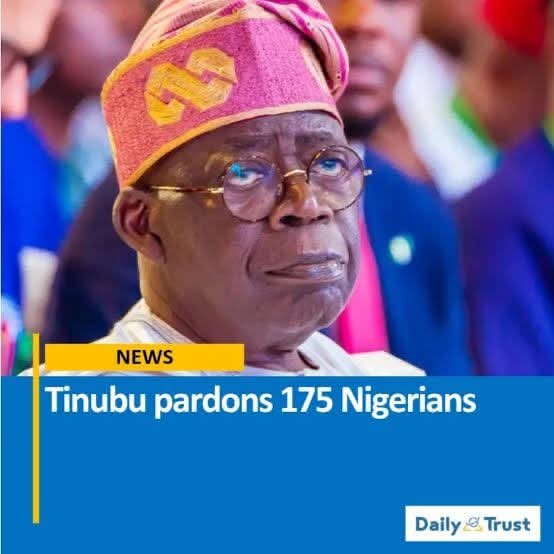

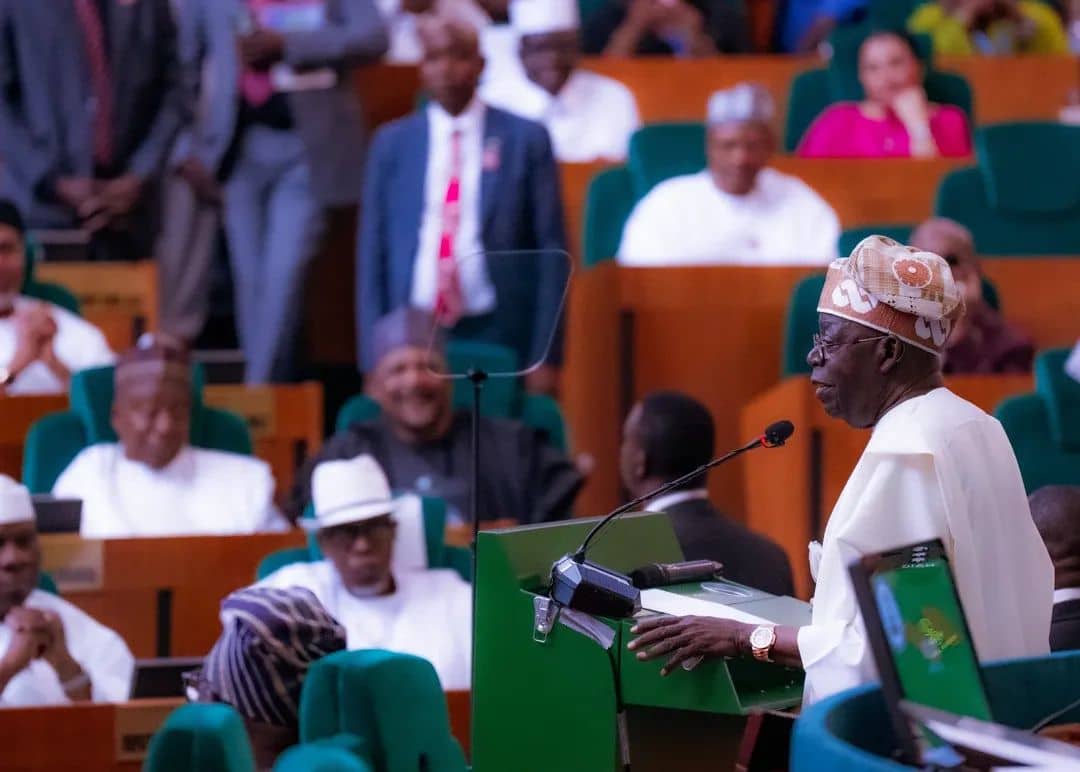



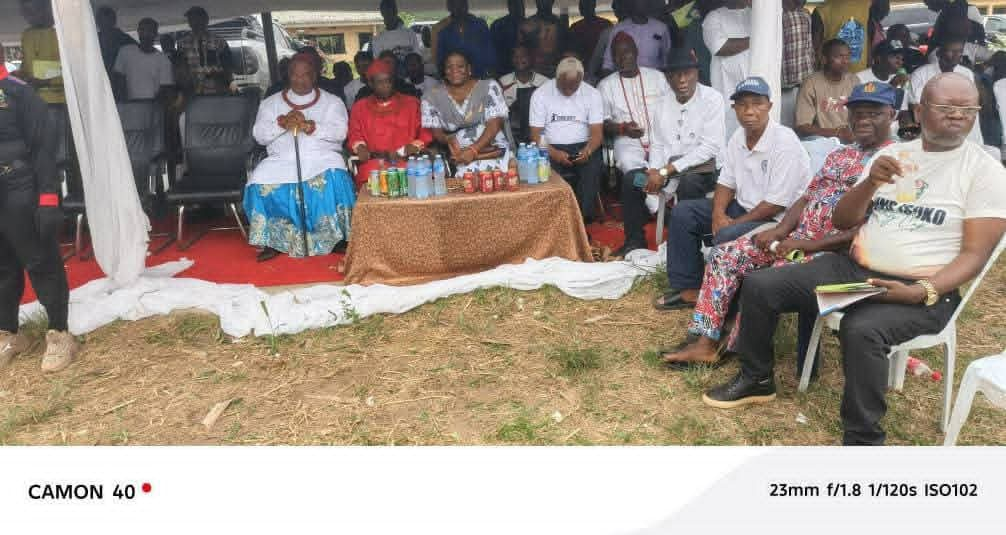
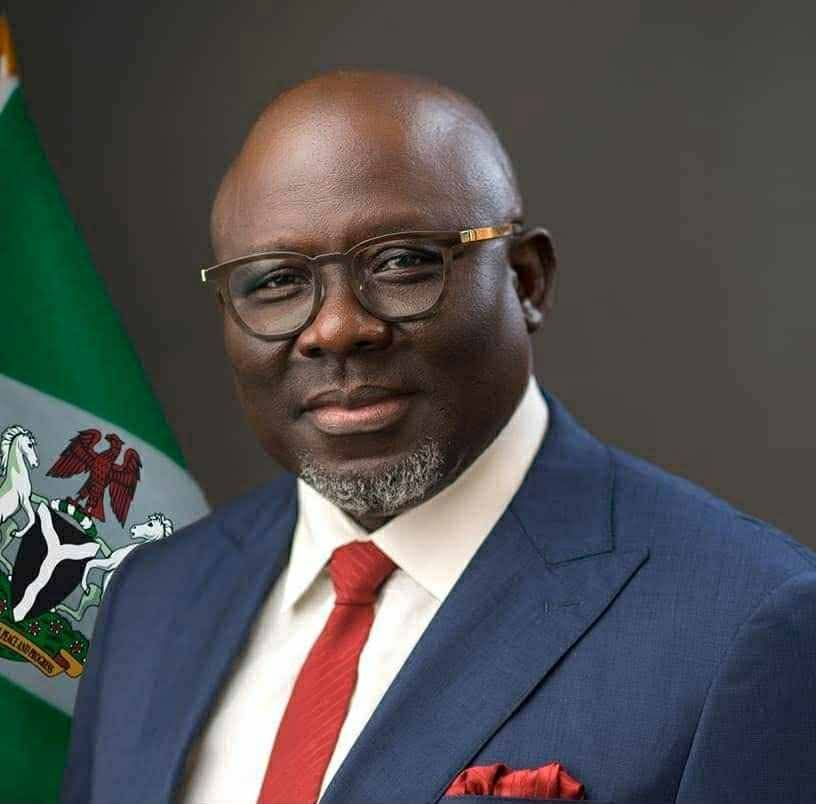

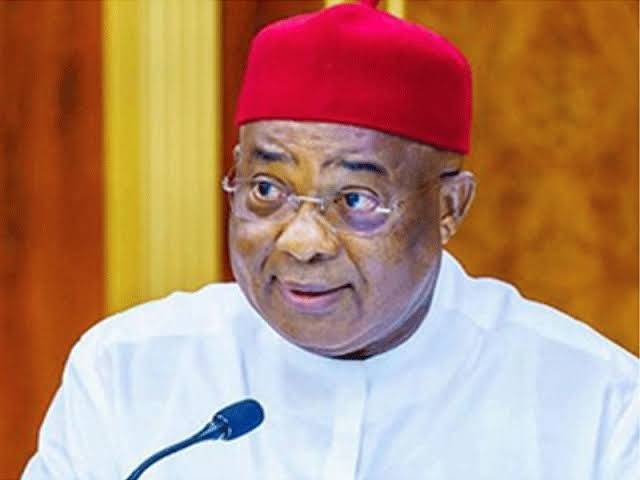

Leave a Reply